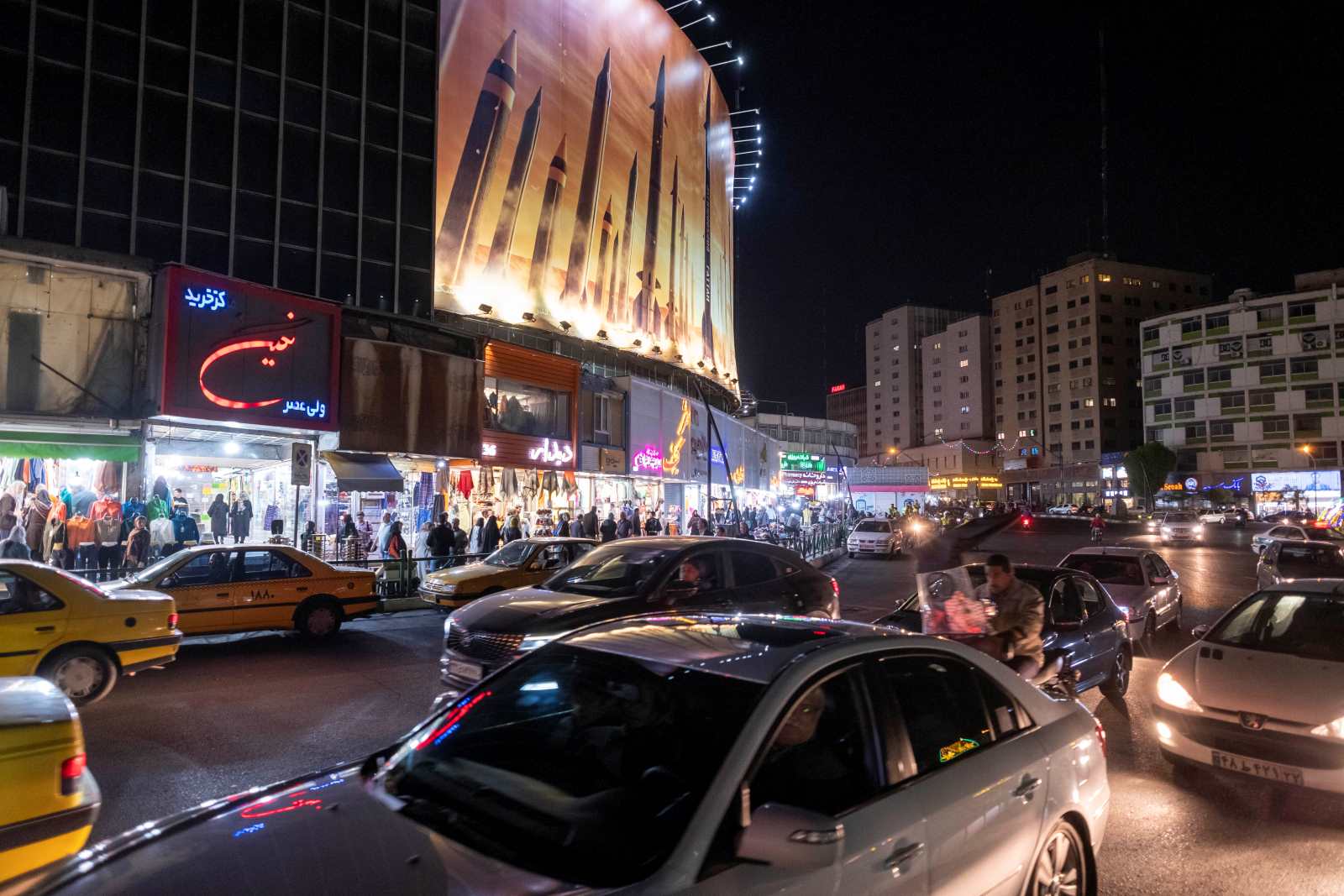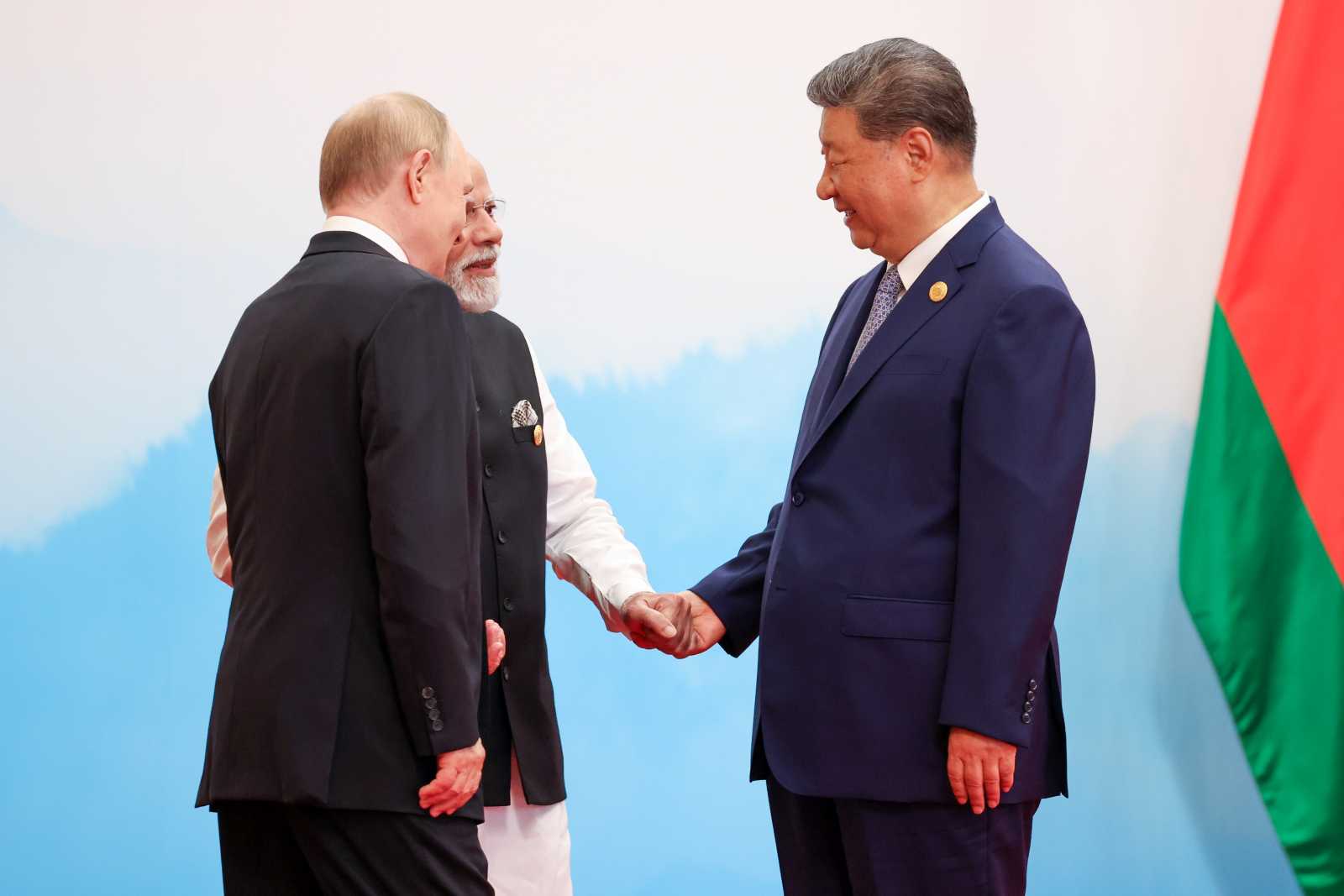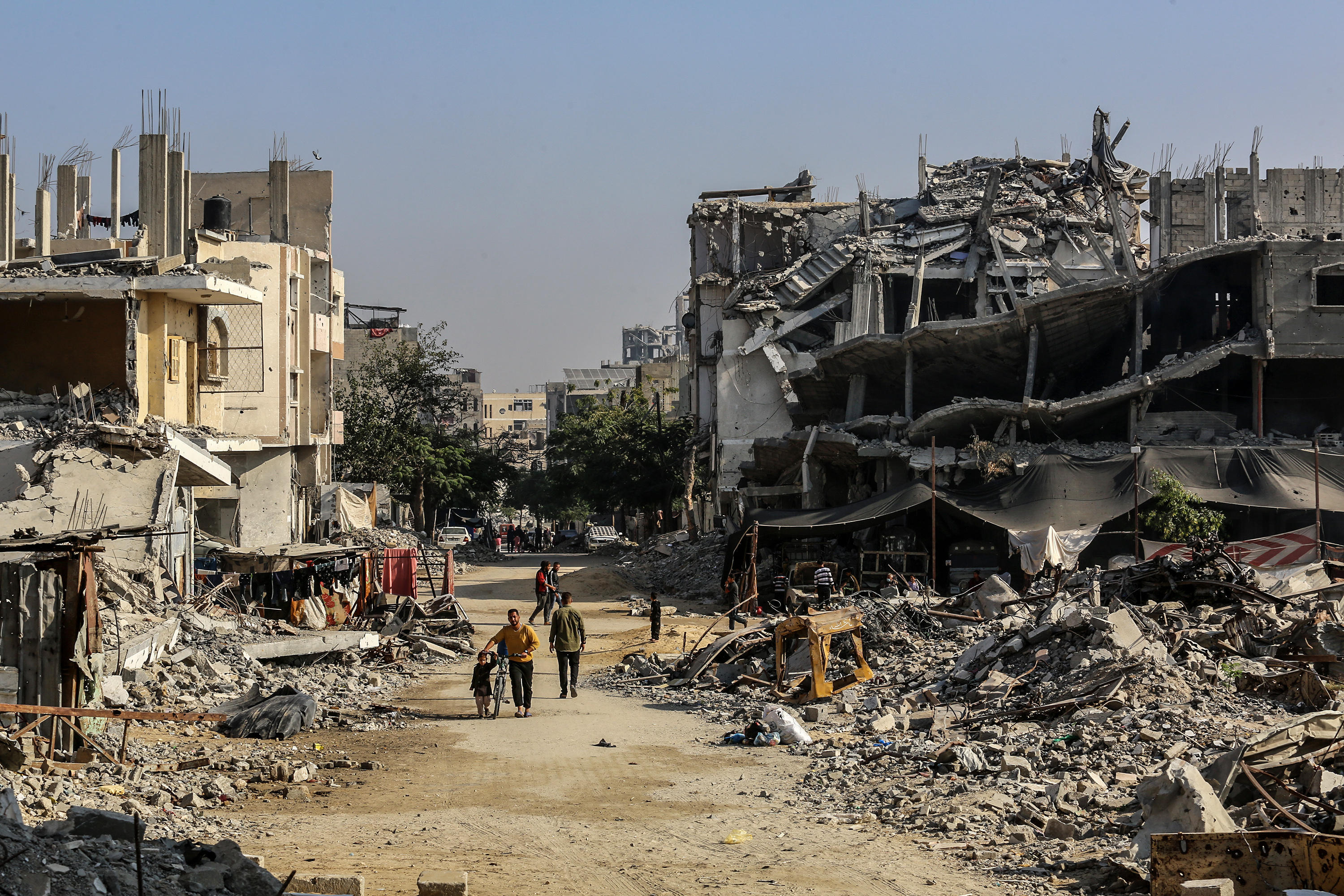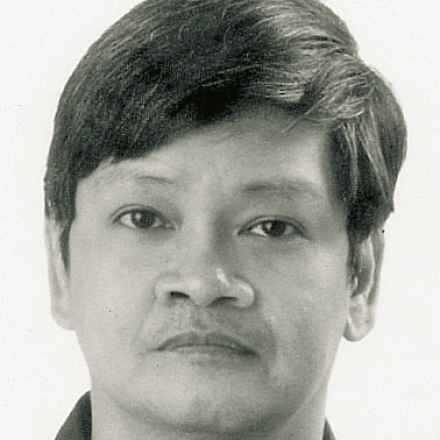Russian sanctions
Turning point in sanctions policy
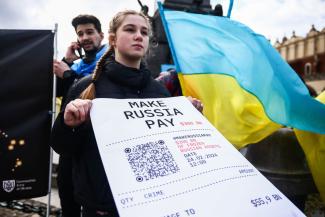
In his book “Sanktionen” (“Sanctions”), political scientist Christian von Soest describes that response as a turning point in the use of international coercive instruments. The coercive measures taken come on top of sanctions imposed on Russia since 2014 as a result of the annexation of Crimea and the non-implementation of the Minsk agreements. The mix of measures includes:
- freezing Russian foreign reserves,
- excluding Russian banks from the SWIFT system,
- various trade restrictions and bans,
- broadcasting bans on numerous foreign and propaganda media outlets controlled from Russia,
- individual sanctions such as asset freezes and travel restrictions.
Von Soest reports that everything modern industry needs is subject to western punitive measures. However, this entails considerable costs for Europeans. Russia is rich in raw materials and has plenty of opportunities to circumvent the sanctions – partly because by no means all countries have signed up to the sanctions regimes. In 2022, for example, the EU stopped 90 % of its oil imports from Russia but Russian oil continues to flow to India, where it is refined and then shipped legally to the EU.
Microchips reach Russia
Von Soest notes that EU exports to Russia’s neighbours – countries like Kazakhstan, Armenia and Kyrgyzstan – have increased massively since the start of sanctions. The reason for the heightened demand for goods in these countries is that they are in a customs union with Russia: anything that goes to those countries can be exported to Russia without controls. In Kazakhstan, for example, washing machines are cannibalised for microchips on the sanctions list, which are then shipped to Russia. Russia thus acquires electronic components that it needs for the production of precision weapons but cannot manufacture itself.
Von Soest concludes that the massive sanctions imposed by the west did not persuade Russia to change course, but they do have a medium to long-term effect. They make access to the financial market more difficult, cause long-term damage to the Russian economy and thus curb the country’s capacity to continue the war of aggression. The individual sanctions imposed also increase the pressure on the Russian regime. Overall, von Soest believes that the sanctioners have sent a globally visible signal for central standards of international law such as territorial integrity and state sovereignty.
Book
von Soest, Christian, 2023: Sanktionen. Mächtige Waffe oder hilfloses Manöver? (“Sanctions – powerful weapon or feeble manoeuvre?”) Frankfurt, Frankfurter Allgemeine Buch. (Available only in German.)
Dagmar Wolf is D+C/E+Z’s office manager.
euz.editor@dandc.eu

